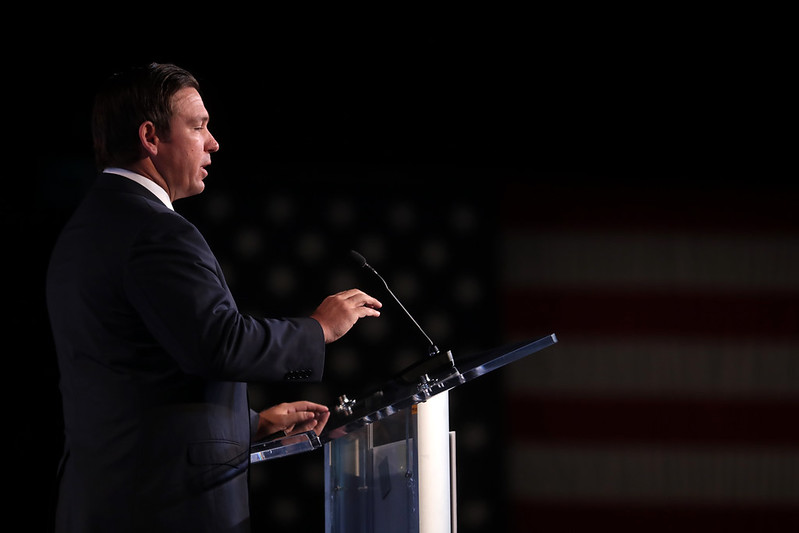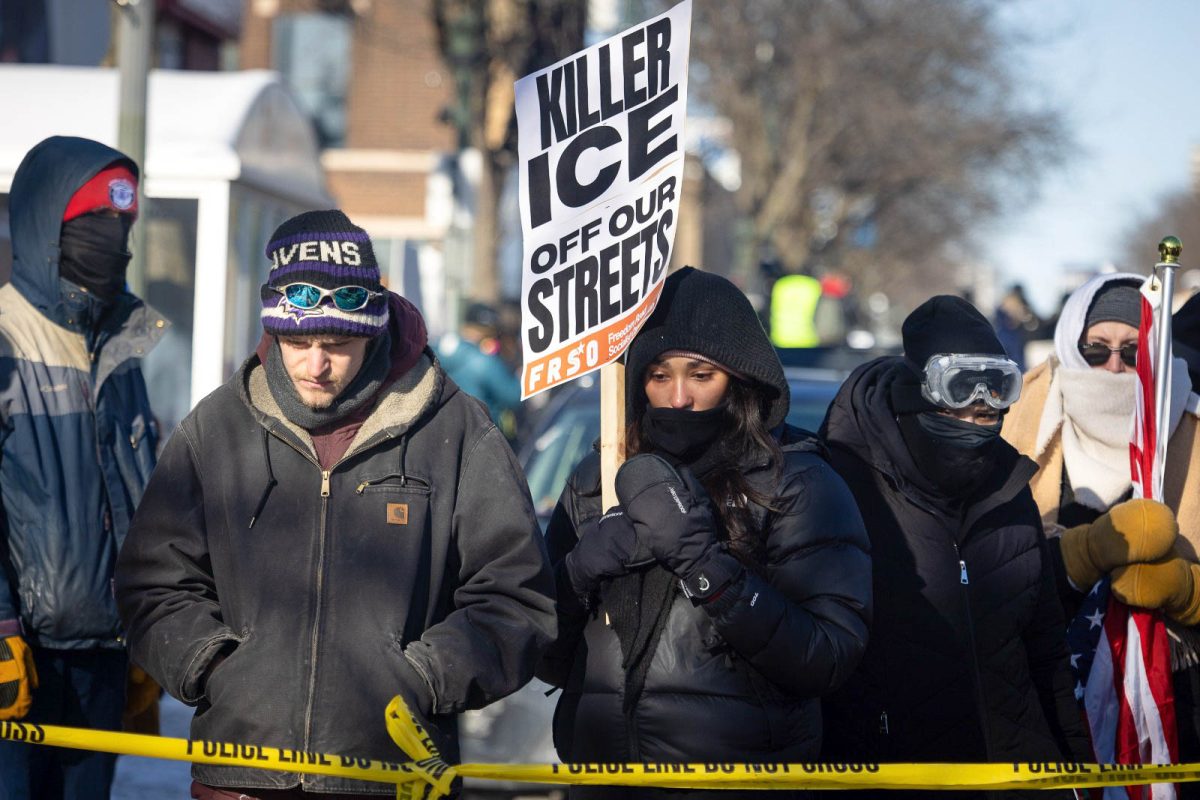More Controversial Legislation Proposed in Florida
March 29, 2023
On February 21, Florida state Rep. Alex Andrade proposed House Bill 999 (HB 999), which seeks to change curriculum in colleges statewide. If the bill is passed, university students would no longer be able to major in subjects such as gender studies, critical race theory, or intersectionality.
HB 999 comes on the heels of Florida Governor Ron DeSantis’ attempt to enforce a ban on teaching critical race theory in K-12 schools under the Stop W.O.K.E. Act just months ago. While Stop W.O.K.E. didn’t pass, the Parental Rights in Education bill — often called the “Don’t Say Gay” bill — passed under a year ago, prohibiting the teaching of LGBTQIA+ concepts in elementary schools.
Across the United States, questions surrounding the teaching of critical race theory and gender studies have engendered heated debate, and restrictive measures such as HB 999 and the Stop W.O.K.E. Act have become more frequent occurrences.
Should HB 999 pass, courses “based on unproven, theoretical, or exploratory content” would be banned, and funding for Diversity, Equity, and Inclusion programs (DEI) would be cut. In light of recent events in the U.S., including police brutality towards people of color and abortion bans following the overturning of Roe v. Wade, some citizens are worried about the lasting effects this bill could have on achieving equality in the United States.
One particularly quoted part of the bill is the idea that anything “contrary to the creation of a new nation based on universal principles stated in the Declaration of Independence” cannot be taught. This has raised many questions on how education on topics such as slavery, Native American genocide, the Civil Rights Movement, or the Women’s Rights Movement may be affected.
The hiring process for college teaching positions would also be affected: while board members are often given a vote in the hiring process, this bill would only allow college presidents to determine who to hire. The concern is that individuals who support specific political agendas and lack the necessary qualifications may be hired as teachers.
Floridian politics have recently faced scrutiny nationwide due to Gov. Ron Desantis’ controversial statements and policies, which opponents describe as often bordering on racism, sexism, and xenophobia. As a result, House Bill 999 has been taken far more seriously than other extremist bills.
While many of DeSantis’ bans have aimed to stop teaching in elementary, middle, and high schools, HB 999 would also be enforced amongst legal adults in universities. The age of the people affected by these new restrictions is important because they are of legal voting age and can make their own decisions but are also exploring interests for their futures. Many opponents of the bill claim that the ban on possible majors in college could stunt creativity.
While HB 999 has yet to pass the Florida legislature, the bill has garnered much attention in the media, leading to extensive debate and controversy nationwide. Whether it falls on the cutting room floor like the Stop W.O.K.E. Act or radically transforms education like the Parental Rights in Education bill, the growing popularity behind HB 999 has major implications for students and teachers alike.





















Addy • Jun 1, 2023 at 8:58 AM
This writing is quite thought-provoking. It is important to understand how bills will affect students of all ages. The fact that it could change things in colleges seems concerning because of the lack of chance at education about topics such as race. It is a very interesting read!
Irina Mishustin • Jun 1, 2023 at 8:54 AM
I find it hard to believe that even in a society so advanced today, there is a possibility of entire fields/subjects getting banned in school because of a belief/opinion of a powerful person, and people suffering greatly from it (inequality). Shouldn’t it be a violation of your rights/freedom for not being able to study something like gender? I very strongly hope that the legislature won’t be passed.